Jon Kaas
-

Dr. Erika Dillard, BS’01: Biomedical Entrepreneur
Dr. Erika Dillard, BS’01, received her M.D./Ph.D. from the University of Tennessee Health Science Center, then founded Memphis-based PopCheck Technologies Inc., which uses artificial intelligence-driven monitoring technology to help prevent clots in surgical patients recovering at home. Read MoreApr 5, 2022
-
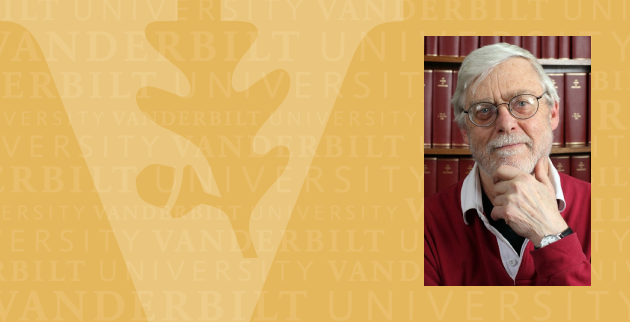
Jon Kaas receives Society for Neuroscience’s highest honor for pathbreaking cerebral cortex research
Distinguished psychology professor Jon Kaas has received the Ralph W. Gerard Prize in Neuroscience, the highest recognition from the Society for Neuroscience, for his pathbreaking work in illuminating the structure and function of the cerebral cortex and plasticity in the developing and adult brain. Read MoreNov 23, 2021
-
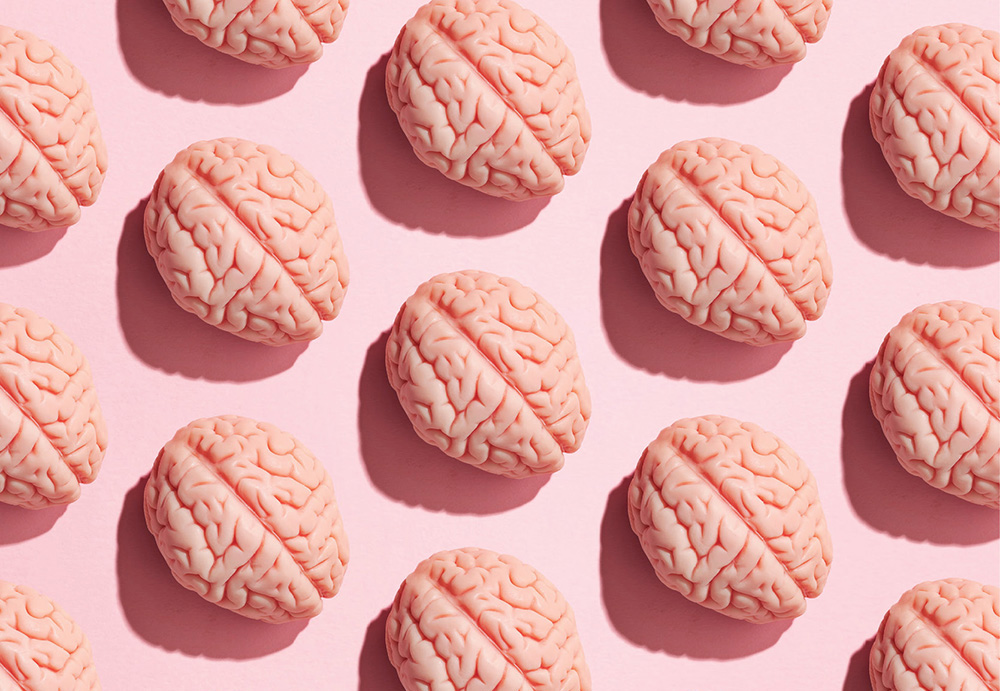
Turning Heads: The Vanderbilt Brain Institute has emerged as a hub of discovery as neuroscience’s influence expands
The VBI recently marked its 20th anniversary, a span that has seen the institute’s wide-ranging missions—including administering the university’s Neuroscience Graduate Program, as well as postdoctoral training and community outreach—steadily coalesce under a single umbrella. Read MoreAug 5, 2020
-
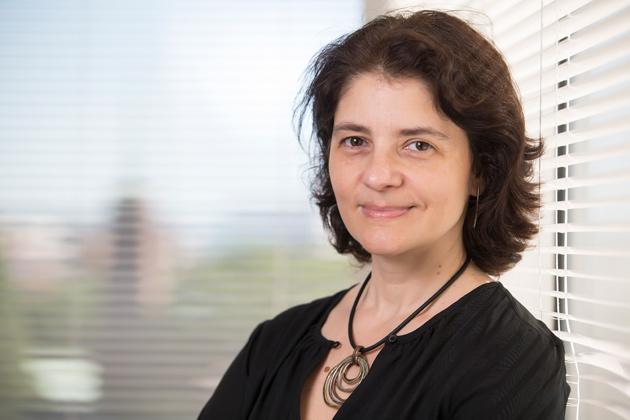
Why does it take humans so long to mature compared to other animals? Look to your neurons!
How long humans and other warm-blooded animals live—and when they reach sexual maturity—may have more to do with neurons in their cortex than body size or mass, according to new research by Associate Professor of Psychology Suzana Herculano-Houzel. Read MoreOct 30, 2018
-
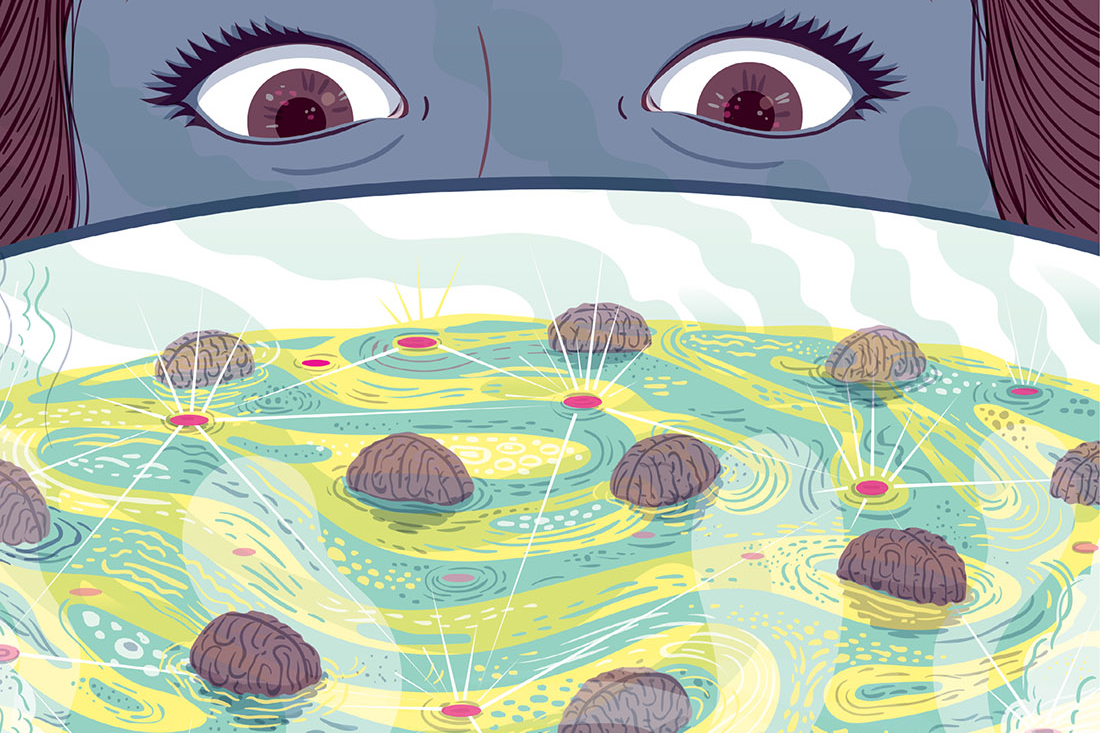
Brainiac: With her innovative ‘brain soup,’ Suzana Herculano-Houzel is changing neuroscience one species at a time
When she finally applied her "brain soup" technique to the human brain, Herculano-Houzel discovered we have an average of 86 billion neurons. Surprisingly, though, the neuron density is the same as in other primates, showing a clear evolutionary pattern from monkeys to humans. “We somehow manage to have this large brain with a large number of neurons; but it’s still just a regular primate brain,” says Herculano-Houzel. Read MoreSep 7, 2017
-
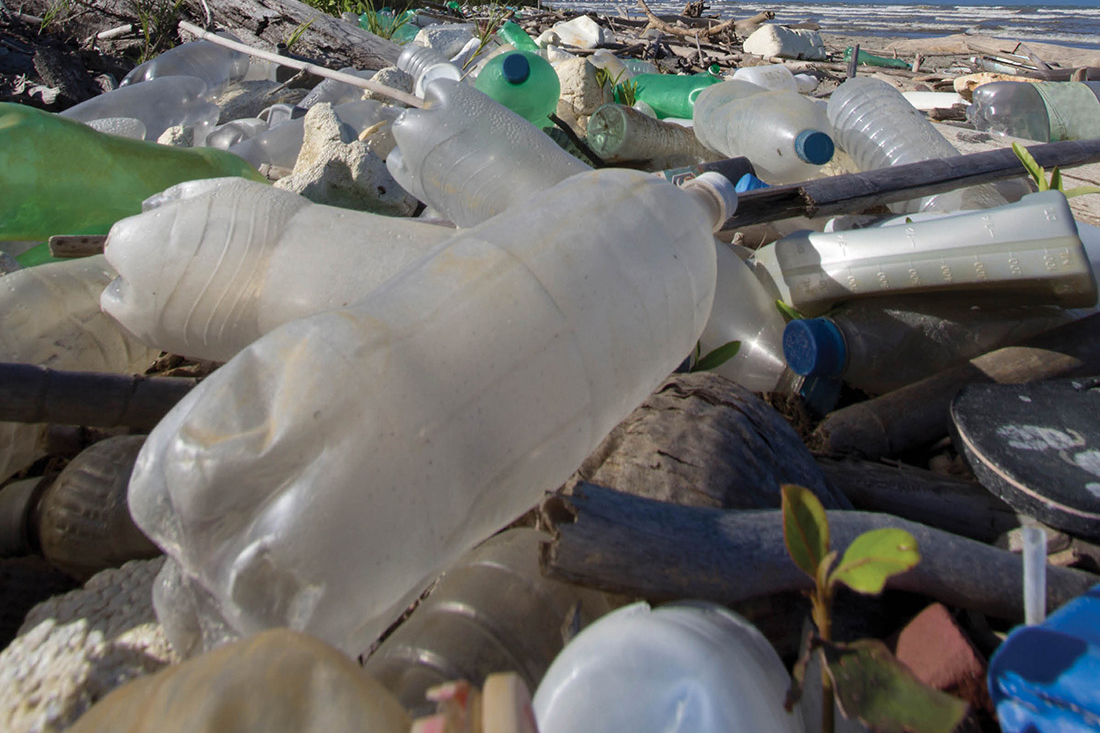
Message in a Bottle: Reduce, Reuse, Recycle—and Refuse
In 2009 three friends and I co-founded Plastic Pollution Coalition at my dining room table, adding a fourth “R”—Refuse—to the traditional three: Reduce, Reuse and Recycle. Why “refuse”? Because disposable plastic is made from petroleum, is used for only brief periods and lasts forever, causing great harm to wildlife and humans. Read MoreMar 7, 2017
-

VIDL awards funding to enhance teaching, learning through digital technology
The Vanderbilt Institute for Digital Learning (VIDL) distributed more than $46,000 in grants and awards this spring as part of its Innovation Programs initiative. Read MoreJul 1, 2016
-
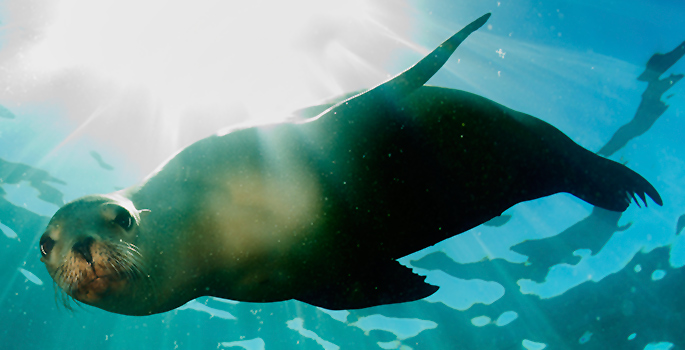
Scientists establish first map of the sea lion brain
A team of neuroscientists at Vanderbilt University has taken an important step toward uncovering the mystery behind the California sea lion's prodigious intelligence by conducting the first comprehensive study of their central nervous systems. Read MoreApr 27, 2016
-
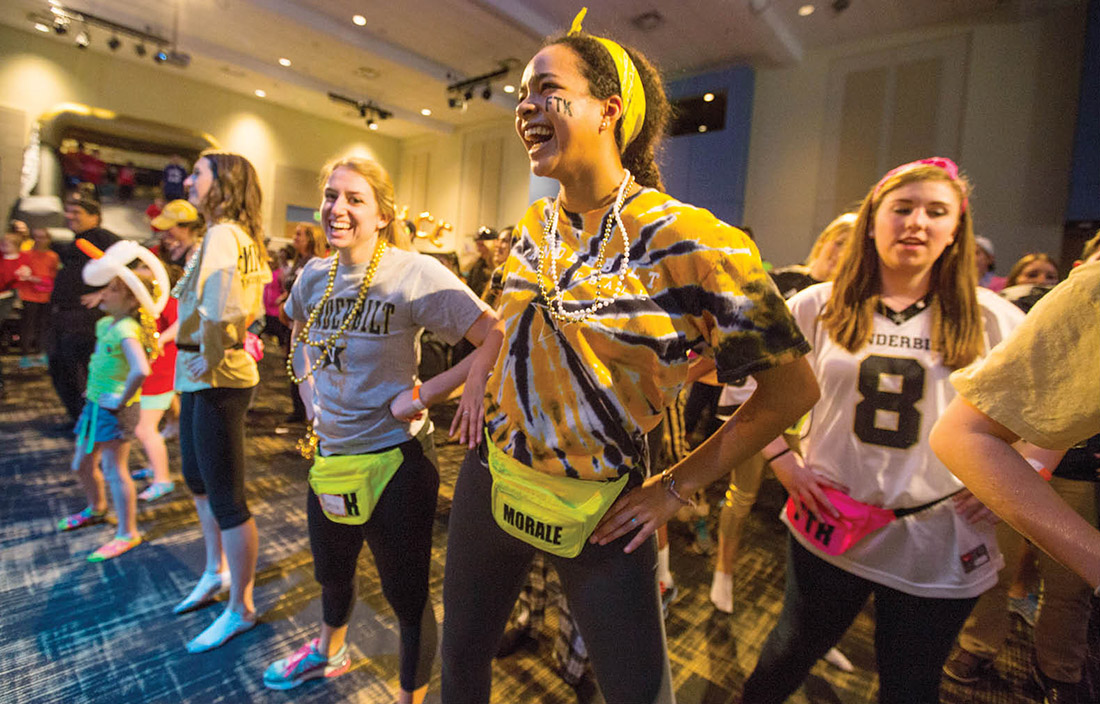
From Access to Impact: Opportunity Vanderbilt Scholarship Recipients Aim High
A glimpse into the lives of four scholarship recipients shows not only how Opportunity Vanderbilt is empowering individuals, but how they are contributing to Vanderbilt, their communities and the world. Read MoreMar 23, 2015
-
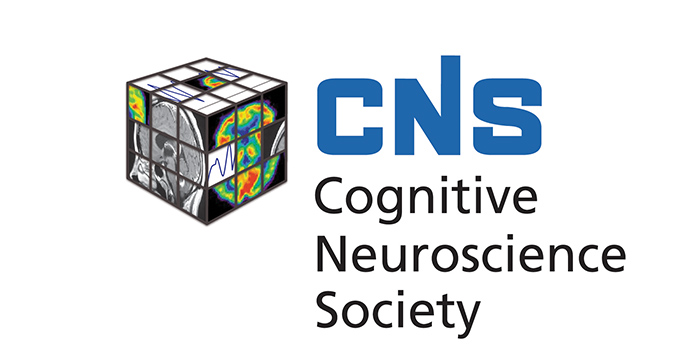
Jon Kaas wins major neuroscience award
Jon Kaas is the 2014 recipient of the George A. Miller Prize in Cognitive Neuroscience, which recognizes individuals whose research has had a revolutionary impact on the field. Read MoreNov 14, 2013
-
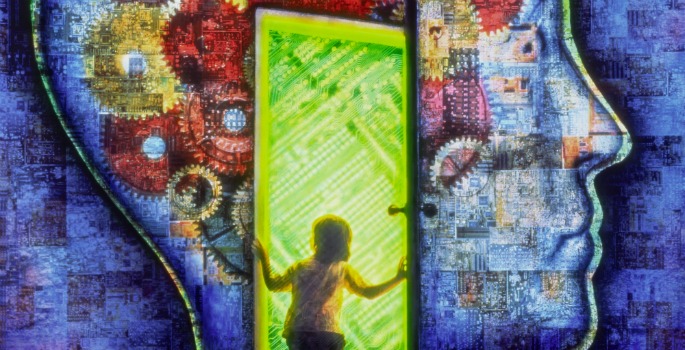
Minds wide open: Neuroscience at Vanderbilt
Vanderbilt University has emerged as one of the nation’s leading academic centers in neuroscience. Read MoreApr 6, 2012
-
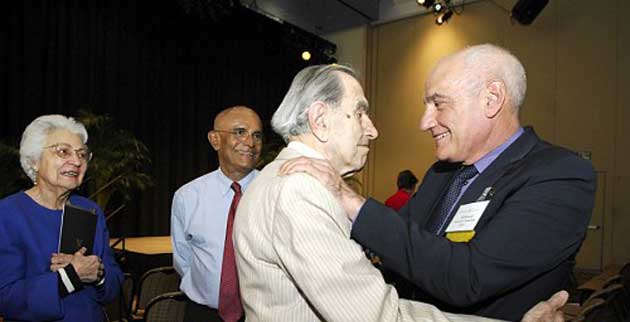
New endowed chair holders honored
William Russell (right) embraces his father, Theodore Russell, during the March 26 endowed chair holder celebration, while his mother, Georgia Russell, and colleague Revi Mathew look on. (Anne Rayner/Vanderbilt) Nine Vanderbilt University faculty members named to endowed chairs were honored March 26 during a celebration at the Student Life… Read MoreMar 29, 2012
-
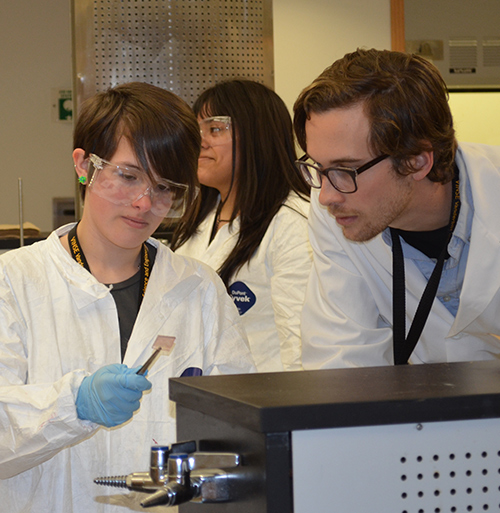
Tennessean op-ed: Anti-science legislation offers prospect of a new Scopes trial
By Roger Cone, chairman of the department of molecular physiology and biophysics at Vanderbilt, Jon Kaas, Gertrude Conaway Vanderbilt Professor of Psychology at Vanderbilt, and Robert Webster, Rose Marie Thomas Chair in Virology at St. Jude Children’s Research Hospital This opinion piece was published on the… Read MoreMar 26, 2012